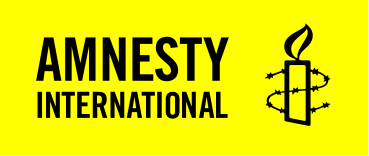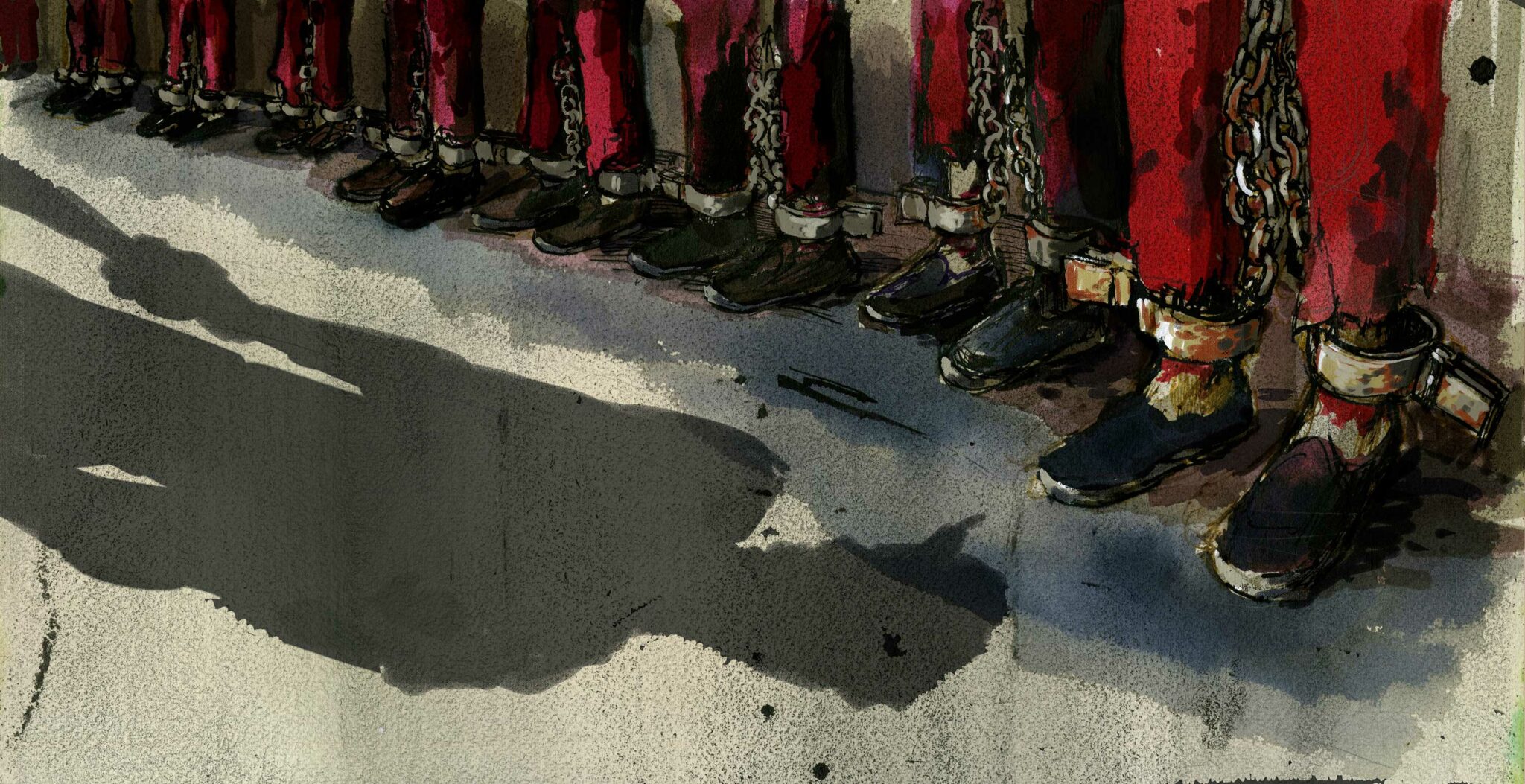‘Education’ continues
Nearly all of the former detainees who spoke to Amnesty International were required to attend classes in Chinese language and political ideology after they were released. [[[Amnesty International interviews.]]] Members of ethnic minorities who had never been detained were also often required to attend classes; however, former detainees were normally made to go much more frequently, often for two or three hours every day. [[[Amnesty International interviews.]]] Family members of some detainees were also made to go to classes several hours a day. [[[Amnesty International interviews.]]] Ex-detainees reported that after they were released, they were required to continue to write “confession and self-criticism” letters during class and give them to local cadres to evaluate. [[[Amnesty International interviews.]]] One former detainee reported that Kazakhs and Uyghurs in her village were required to attend separate classes. [[[Amnesty International interviews.]]] Several detainees reported that Han Chinese people were not required to attend these classes. [[[Amnesty International interviews.]]]
Many interviewees told Amnesty that all members of ethnic minorities were required to attend flag-raising ceremonies every Monday morning. [[[Amnesty International interviews.]]] During these ceremonies, ex-detainees were often made to publicly “confess” their crimes, to speak out against extremism, to apologize for being an extremist, and to extol the virtues of the education they had received. [[[Amnesty International interviews.]]] Former detainees told Amnesty that only ethnic minorities were required to attend the village flag-raising. According to Meryemgul, members of the village who had not been in camps were also required to go, but only ethnic minorities were truly compelled to attend: “Only Uyghurs go. [Han] Chinese people, they laugh at us,” she said. [[[Amnesty International interviews.]]]
Shortly after she was released after more than a year in the camps, Dariga was told to write and then read at a flag-raising ceremony a statement praising the CCP and instructing others not to practise religion:
I was told to say… ‘I Dariga am the daughter of… I have been to a camp… because I made a mistake and now, with thanks to the Party, I have reversed my mistakes… and now I live in the right thanks to the Party. They put me on the right path.’ I also had to say that we shouldn’t be religious, that it is wrong. We shouldn’t pray. We should always follow the Party.
Family members of detainees also had to speak at flag-raising ceremonies. Bolat told Amnesty International his brother was made to speak about him at a flag-raising ceremony. “[My brother] had to confess that his brother had a ‘disease’ and that he was ashamed and sorry,” he said. [[[Amnesty International interviews.]]]



